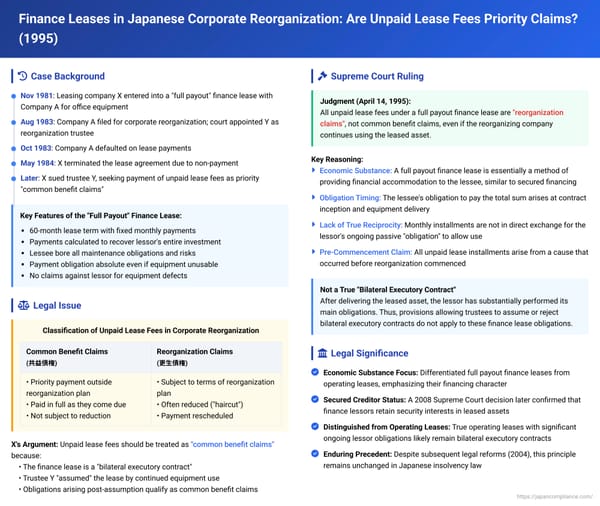In the intricate process of Japanese civil litigation, the effective presentation of documentary evidence (書証 - shoshō) is paramount. A key, and somewhat unique, component of this process is the "Shoko Setsumeisho" (証拠説明書), or Explanatory Document of Evidence. This document, submitted alongside the actual evidentiary documents, serves as

